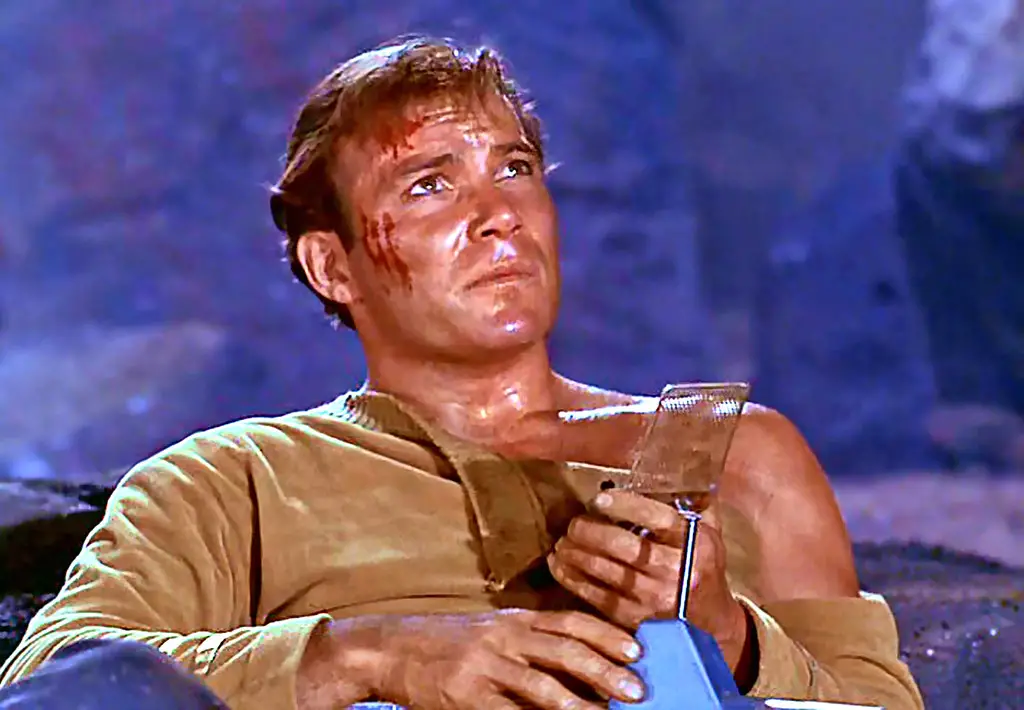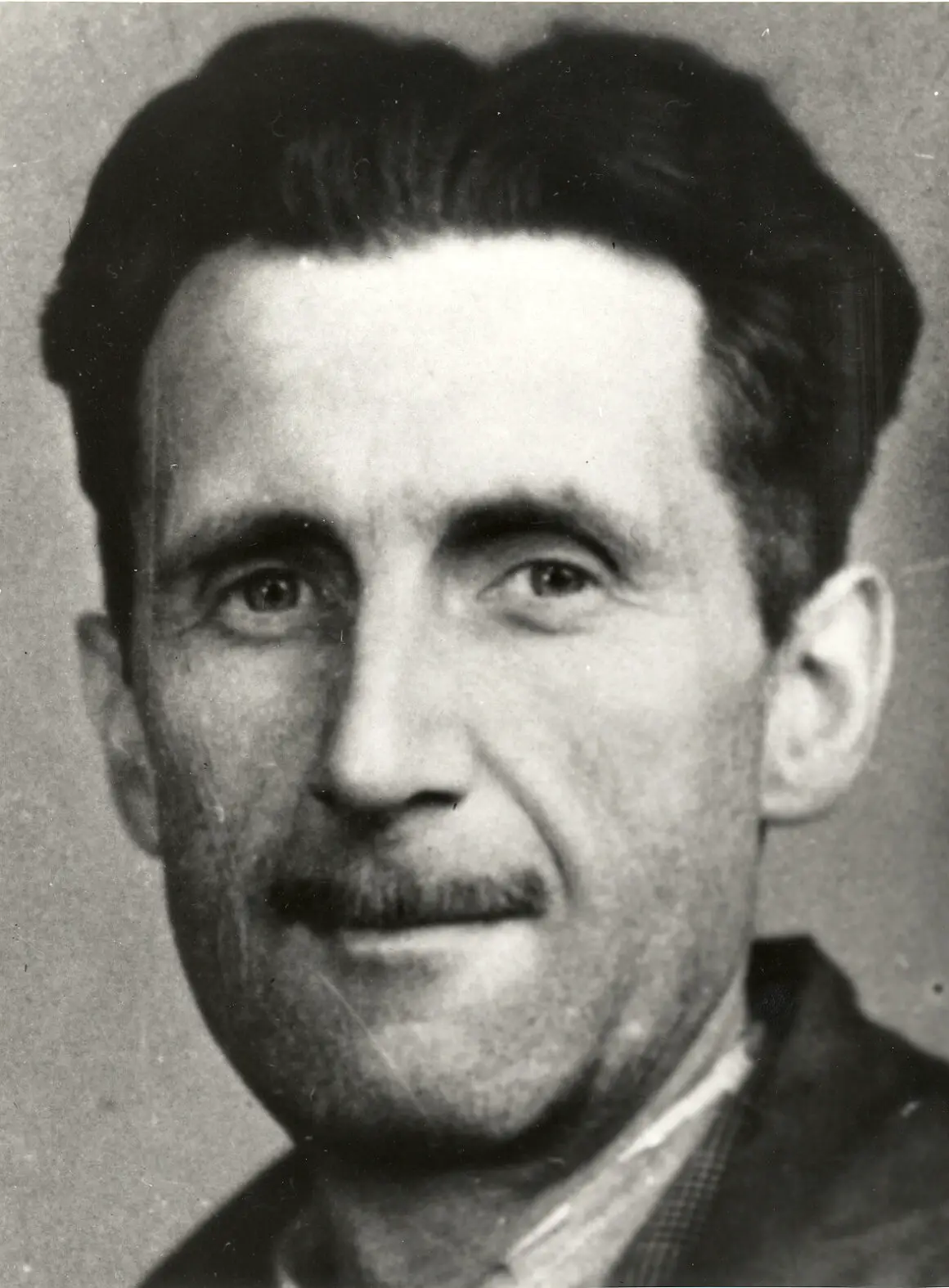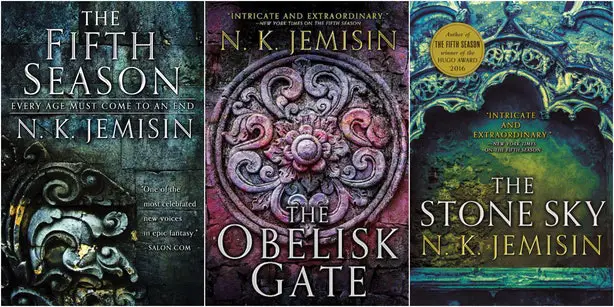To be completely and perfectly honest with you, Captain Kirk never really struck me as an avid reader. If I had to choose, it would probably have been Captain Picard to be the one to recommend books. However, we shall press on. Now, is this about recommending books to the famous captain of the USS Enterprise James T Kirk? No. Although that would be fun to see, this is more of an exploration to boldly go where no person has gone before: The depths of Sci-fi literature.
Let’s explore what is considered Sci-fi literature as I feel throughout the years this genre of books has expanded a great deal. This is true for many different genres; you have one genre and you have a multitude of sub-genres within that. Sci-fi is no different and doesn’t just encompass space exploration. Some sub-genres within this include dystopian, where we read about a world that is entirely set in the future and has one or two little struggles along the way. There is also Utopian. Usually, this means a paradise set in the future, I say usually because for the most part Utopians can sound better than that actually are. I’m looking at you, Orwell.

One could also toss fantastical realism into the Sci-fi genre. Now, the argument here is simply that this bridges the gap between Sci-fi and fantasy, which is true. You might have heard the term “SFF,” which is literally the shorter version of Sci-fi Fantasy. This is an interesting category as it is both, but for the sake of this discussion, we shall keep to the Sci-fi instead of SFF.
Orwell & Wells
Let us look at popular Sci-fi books of the past, present, and future and see what they have in common. Since I mentioned him a few lines back, let’s start with Orwell. To be fair, George Orwell only wrote one Sci-fi book in his lifetime and that was the famous novel Nineteen Eighty-Four. Now, considering that this was written in 1949, it would very much be seen as Science Fiction within the time period it was published. Within this book, Orwell has placed his main protagonist in a Utopian society; everything is perfect, right?

That’s usually how Utopian societies start—the idea that everything is perfect and cured and nothing can go wrong. I know there are readers today who believe that Orwell was writing this book as a Dystopian society, which is a valid argument as well. Hindsight is twenty-twenty and all that. Being in a future society, we can look back on Orwell’s writing of this book and find many various things within it. That’s most likely why it is considered required reading in middle through high schools today.
Let’s pop to another author, the father of Science Fiction I should say. You know where I’m going with this…you know what I’m about to say. Let’s say the name together, H.G. Wells. War of the Worlds is probably one of the most popular or at least well-known Sci-fi novels. The fascinating thing is this takes place in a very modern time setting. What makes it Sci-fi is the alien invasion. Let us insert the “I’m not saying it was the aliens, but it was the aliens” meme here.
We can’t really compare Wells to Orwell considering the fact that their books touch on very different Sci-fi settings and really have nothing in common. But, they are the first two Sci-fi books that one thinks of when the genre is brought up and it would have been a disservice to you, dear readers, to not mention them. Would Captain Kirk have read these two books? I think he would have been very fascinated by Orwell’s book and perhaps equal parts fascinated and annoyed at how the humans reacted in Wells’ book.
Speculative Fiction – Jeminsin & Butler
We shall continue on and touch on a different sub-genre of Science Fiction and one of my personal favorites. We are going into Speculative Fiction. Now, wait, before some of you come at me with the “FICTION” comment, yes, Speculative Fiction in the eyes of most is a subgenre of Sci-fi.
We are now going to speak on one of my favorite authors, and really, if you haven’t read any of her books, I don’t know what you’re doing: N.K. Jemisin. She is often shelved in the SFF section of your local bookstores and I would consider that correct. Her books balance that line of just enough fantasy and light Sci-fi and they are beautifully written. Her Broken Earth trilogy is one for the ages and is based in a world that ends constantly. The world ends, and the world is reborn. Over and over, it is a constant cycle. The humans who live upon it learn to adapt and read the signs of the next cycle. The book opens in the Fifth Season of this cycle. One could argue that this leans more into the Dystopian side of Sci-fi, but honestly, it can fit into both I believe.

You cannot and I mean absolutely cannot mention N.K. Jeminsin without mentioning the late great Octavia E. Butler. If George Orwell is the Father of Science Fiction, then Butler must be the Mother of it. Of course, that is entirely my opinion, please understand that. Parable of the Sower is one of Butler’s Dystopian novels, taking place in 2025, which, oh my, is not far off. That’s terrifying. But, anyway, it takes place in the future and in a world that is tumbling quickly and deeply into chaos. The main protagonist Lauren lives with her family in Los Angeles and is just trying to do their best and keep out of the chaos. That is obviously easier said than done.
Would Captain Kirk Be Interested?
Would Captain Kirk read these? I think he would, and I think he would rather enjoy them. I think Jeminsin’s beautiful prose and world-building would catch his interest and Butler’s stark look at reality would both intrigue and probably terrify him and Kirk doesn’t scare easily. When it comes to Science Fiction, there are so many ways to interpret it, including authors like Andy Weir and his book The Martian and Douglas Adams and his book The Hitchhiker’s Guide to the Galaxy. Then there is Neal Shusterman and his Sci-fi utopian series Scythe and Brandon Sanderson’s young adult Sci-fi series Skyward. I do hope you enjoy some of these or at least one of these recommendations. Happy reading!
